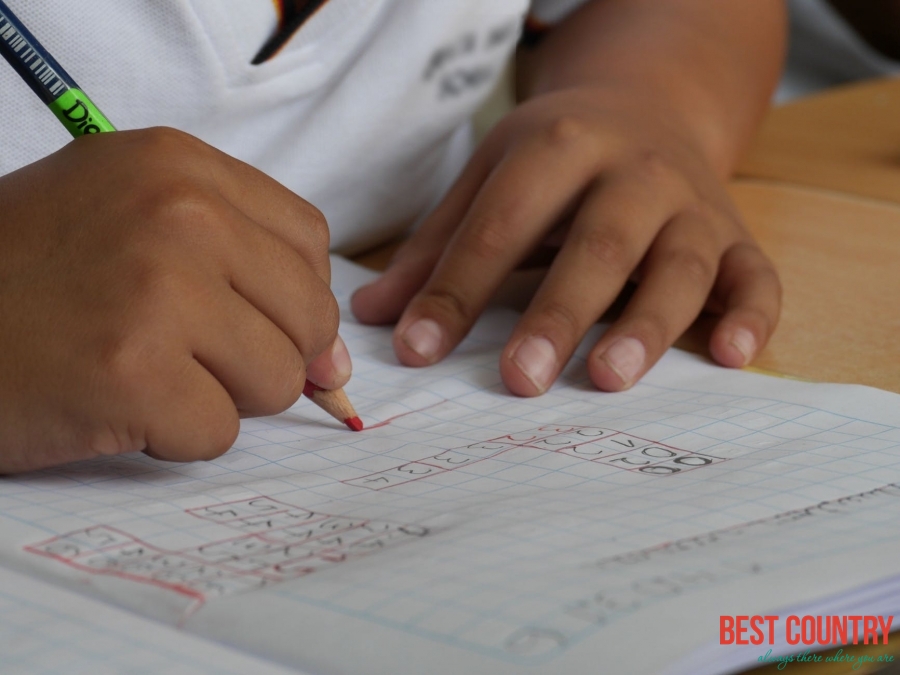What is the Education System in Indonesia Like?

In Indonesia, the education system is a reflection of the country’s rich culture, religious diversity and historical struggle for a distinct identity on the global map.
With a background of fighting for independence, civil war, the New Order and the student revolution in more recent years, Indonesia is a nation facing many challenges.
The population is young and growing fast, yet resources are disparately allocated. Education then becomes a critical factor in improving the overall well being of Indonesia and its people.
Overview of the Indonesian education system
There are 3 levels of education in Indonesia – Basic, Secondary and Higher.
Primary school to junior secondary school comprises basic education which is free and mandatory for all children aged 6-15.
At a secondary level, students can choose to go to a high school or opt for a vocational (trade-based) school.
For higher education, students can join a University, Institute, Academy, Polytechnic or Sekolah tinggi.
There are basically 3 types of schools in Indonesia – private, public and faith-based (special) schools.
The government funds the public schools and employs civil servants as teachers.
Curriculum, competency levels, and standardized student testing come under the Ministry of National Education and are managed at the central government level.
The Government of Indonesia conducts national examinations for students in Grades 6, 9, and 12. For Grades 6 and 9, students must pass this exam in order to move on to the next grade.
Grade 12 students have to pass the exam to graduate and continue towards higher education.
In accordance with regional autonomy law, local districts are responsible for educational programs.
The provincial governments handle school enrolment for poor and minority students. The province is also responsible for providing textbooks but this is mostly dependent on availability of funds.
The constitution of Indonesia says that 20% of the state budget must be spent on education. In 2010, The National Education Ministry will receive about $5.1 billion from the national budget, and this is a decrease from the $6.2 billion funding received in 2009.
Global charitable organizations, including non-profit organisations like Mustard Seed Canada mobilize efforts and resources to help the education system in Indonesia.
Funding, teaching aids, student sponsorships, scholarship programs, resource materials and strategic input are all part of what Mustard Seed Canada does together with other organizations to further the education in Indonesia.